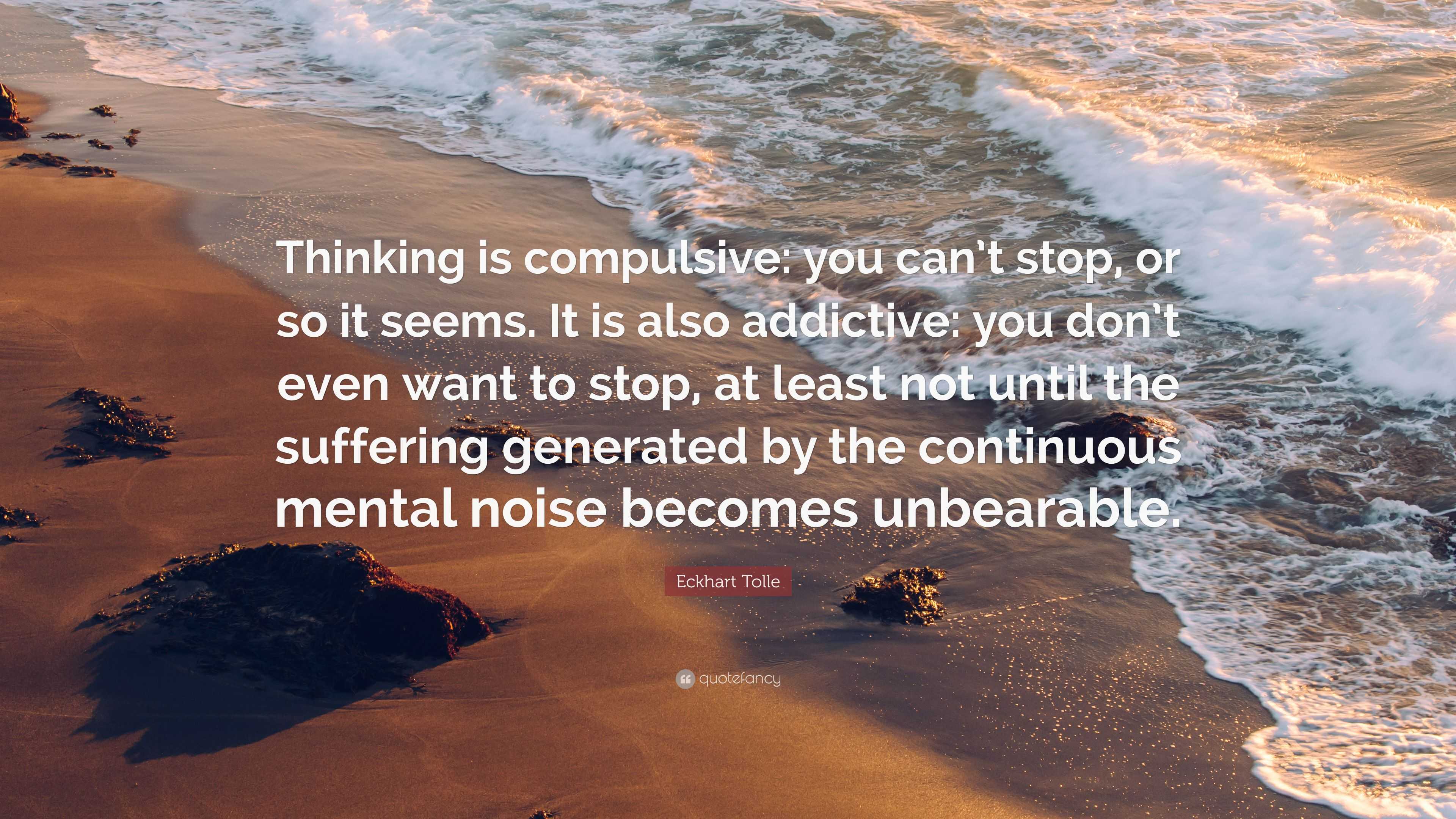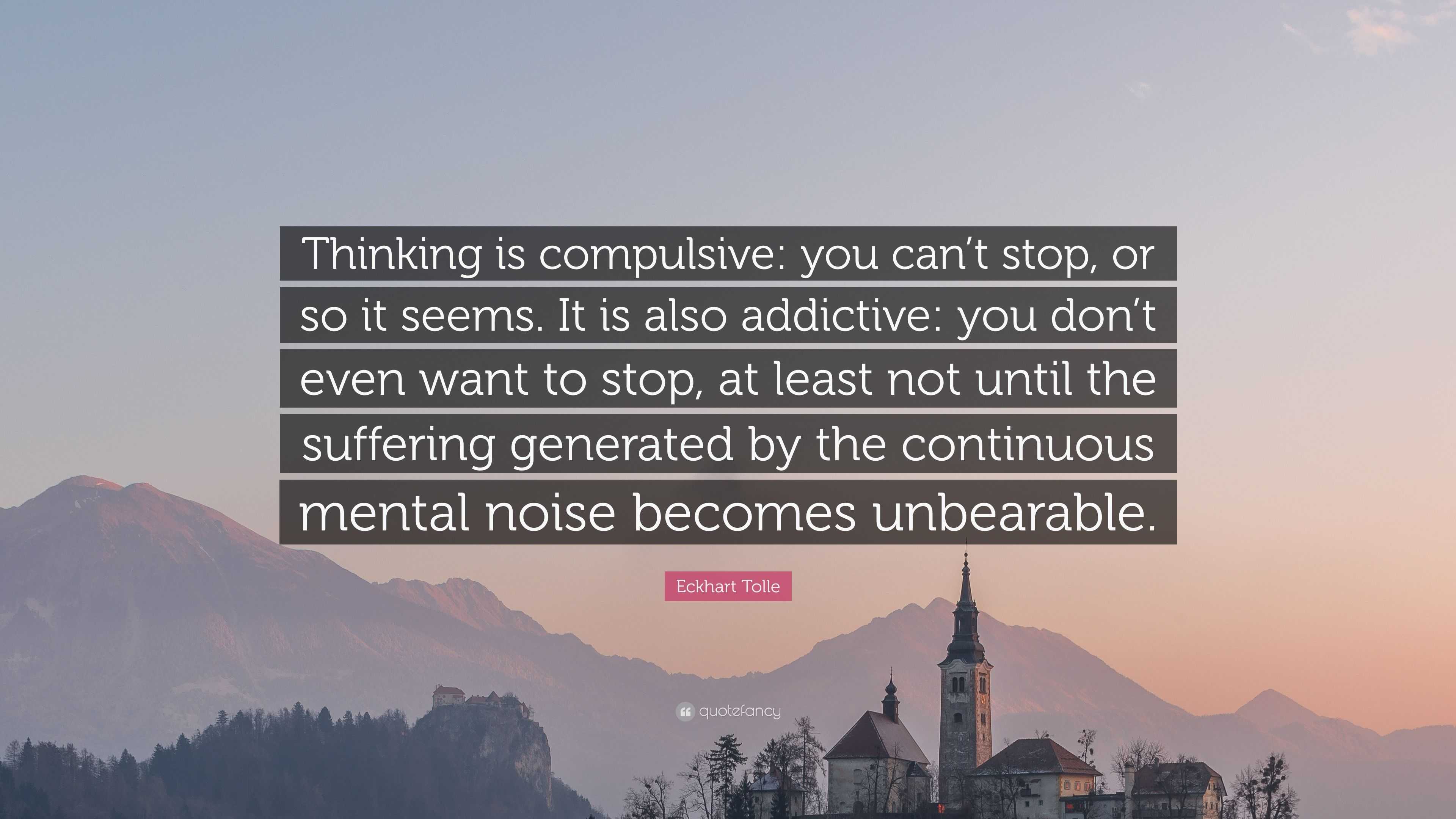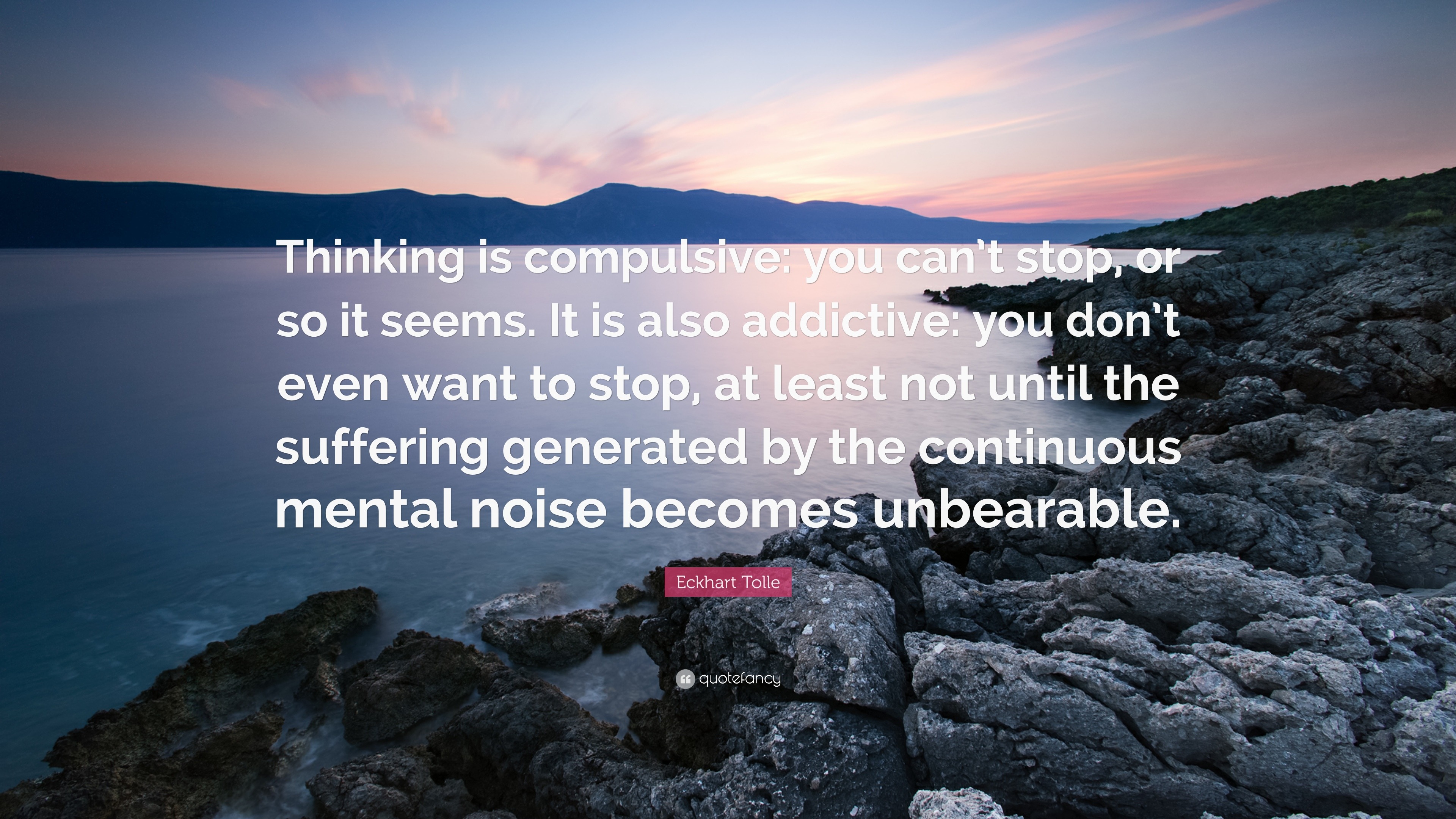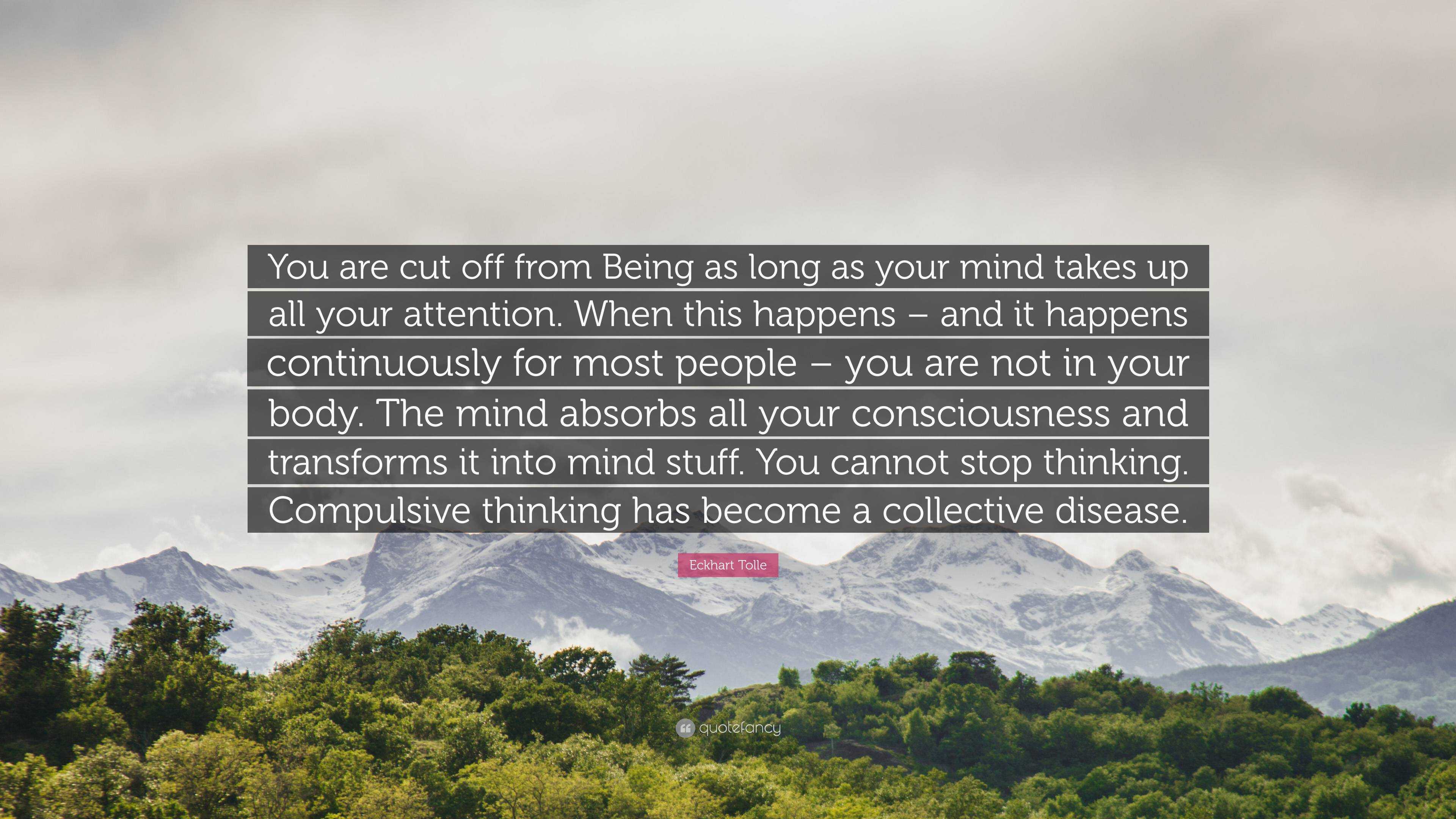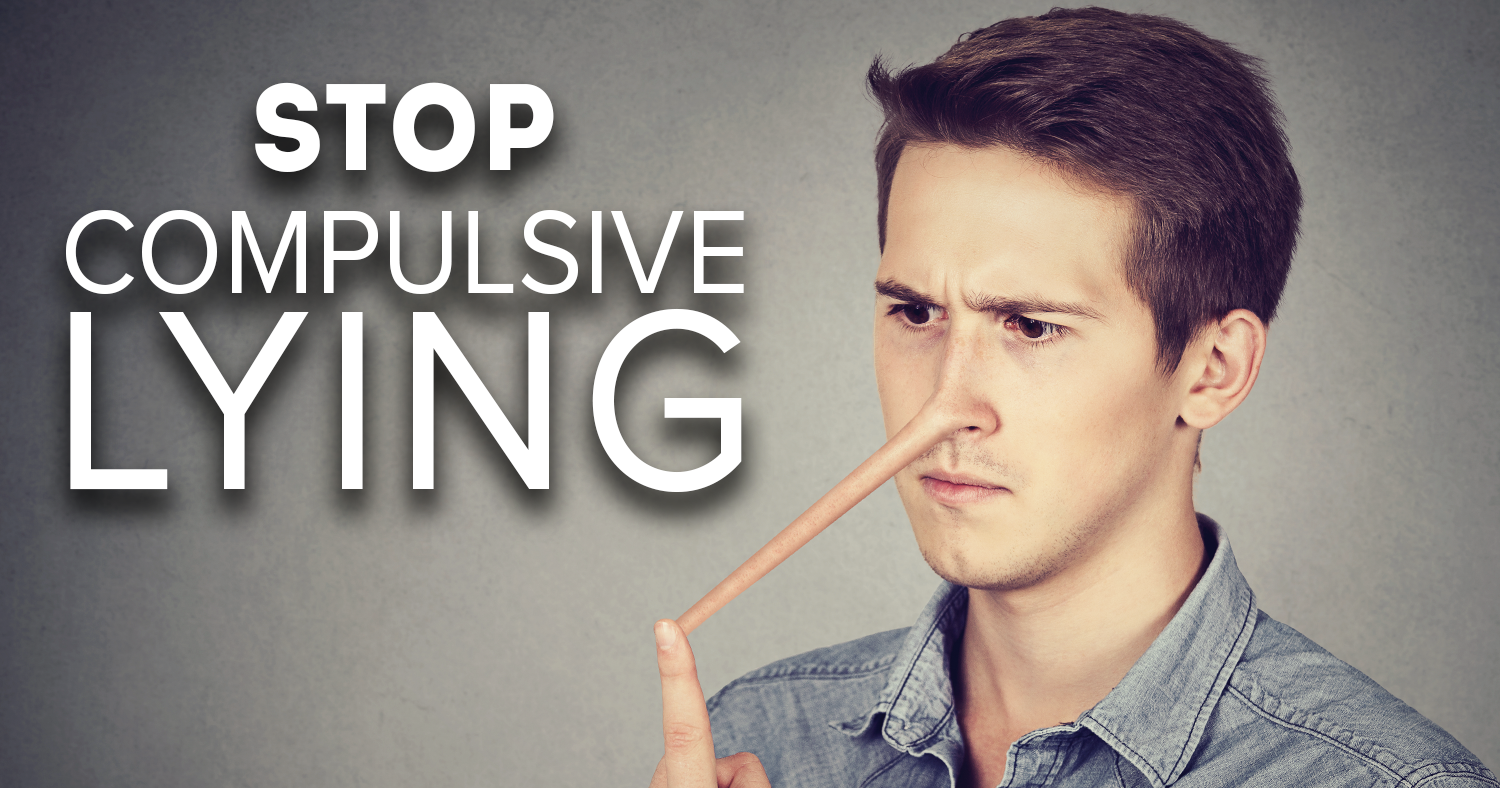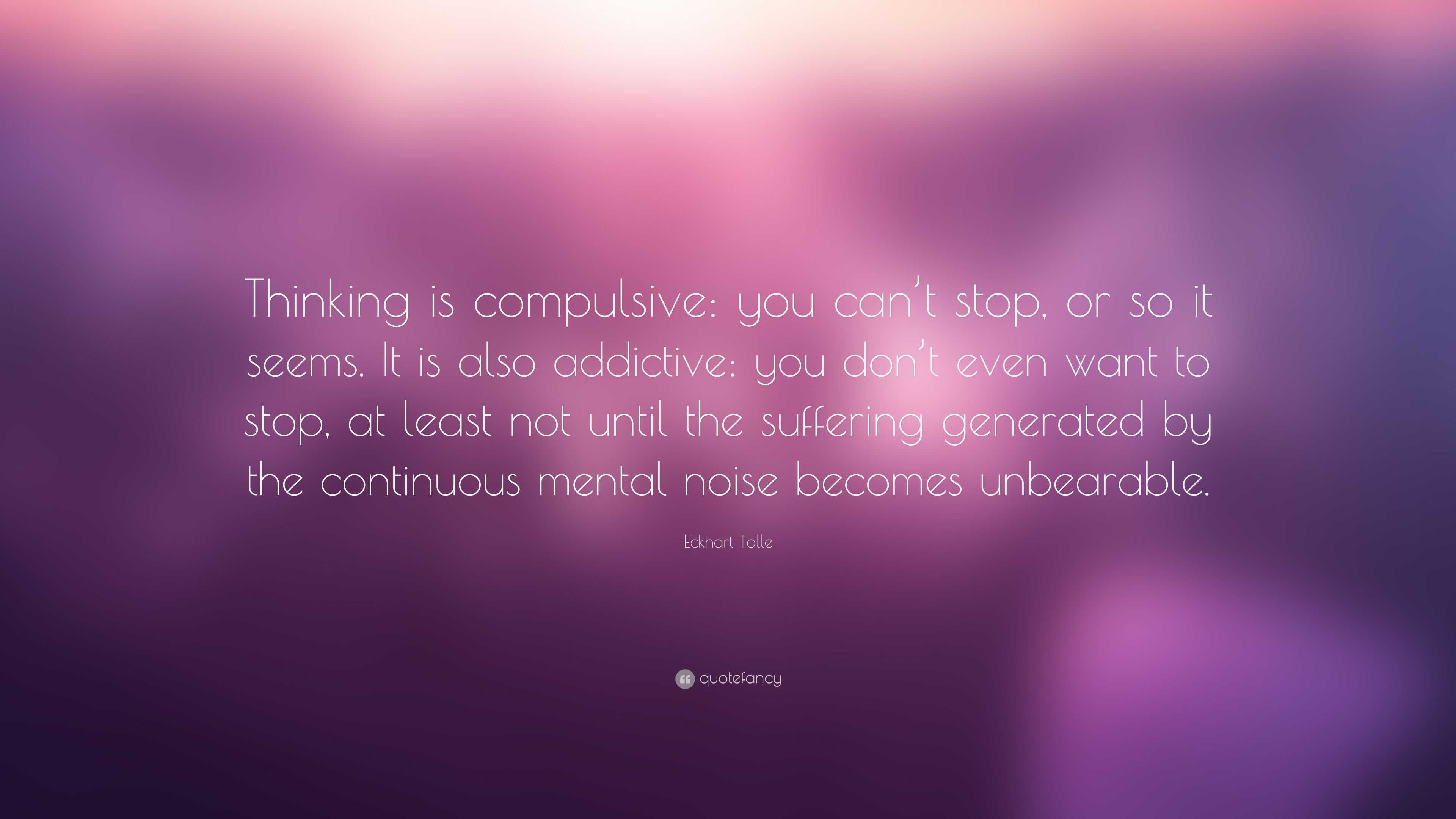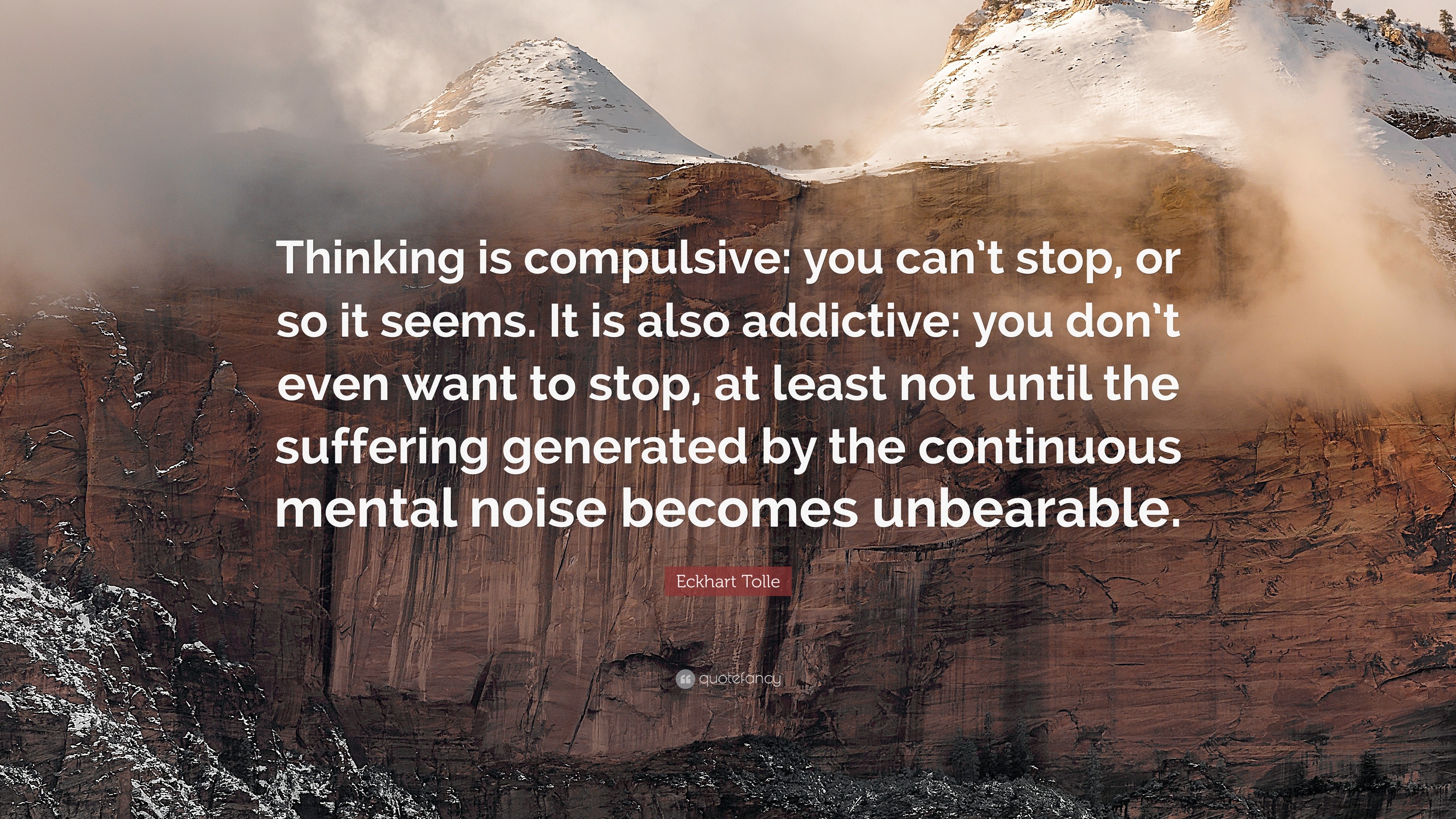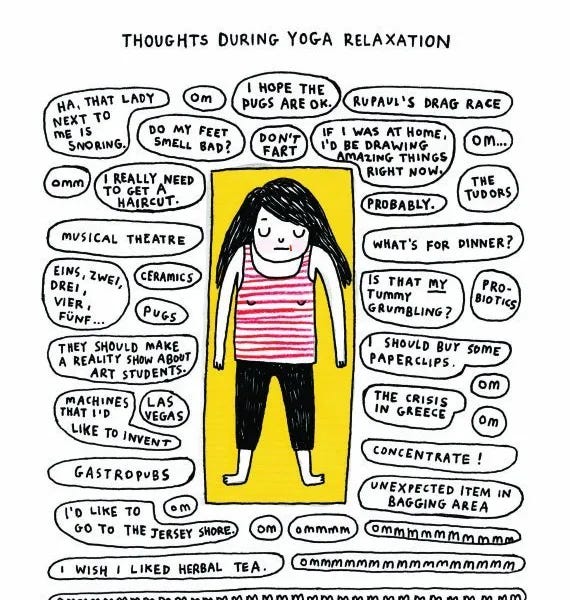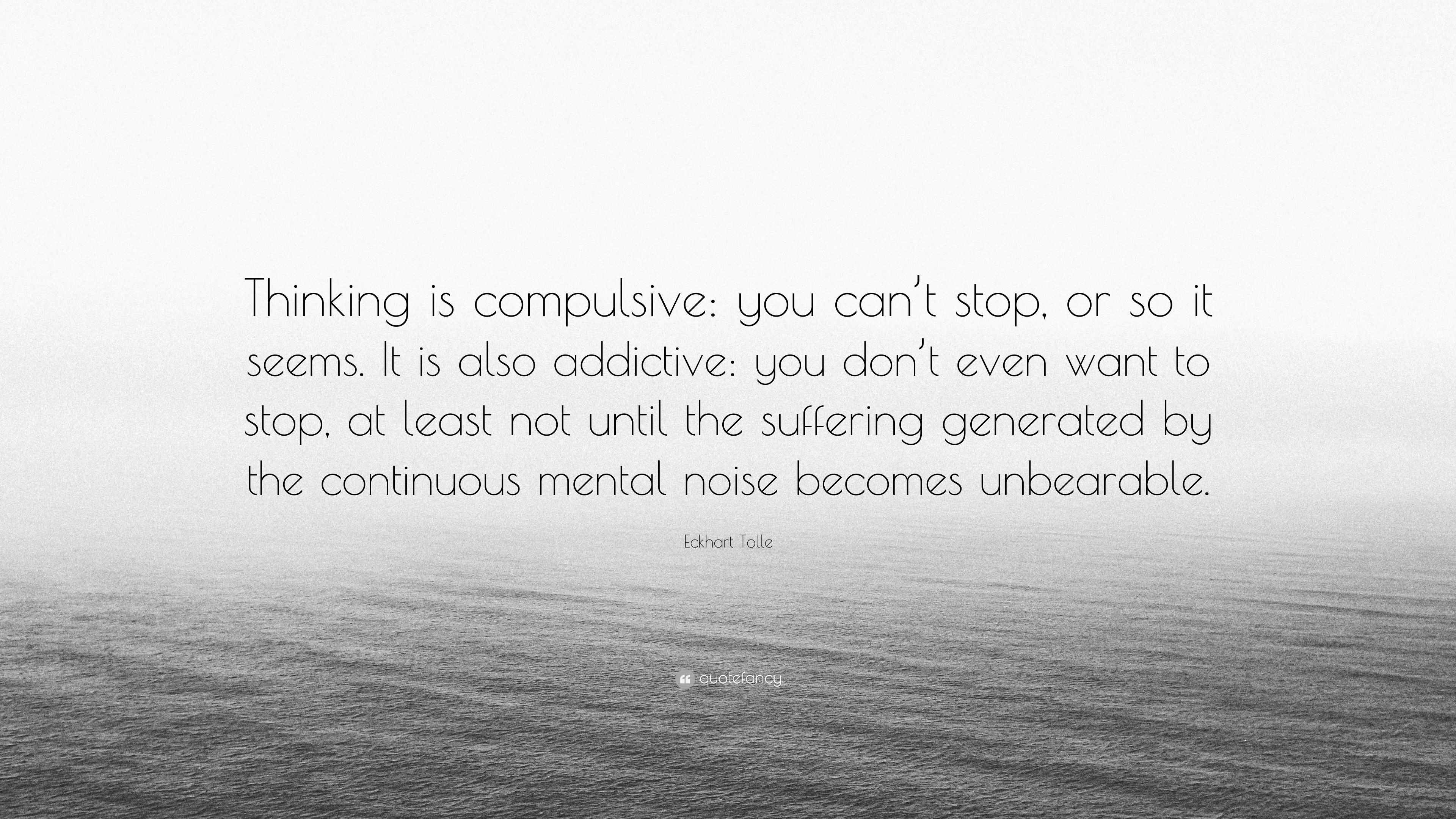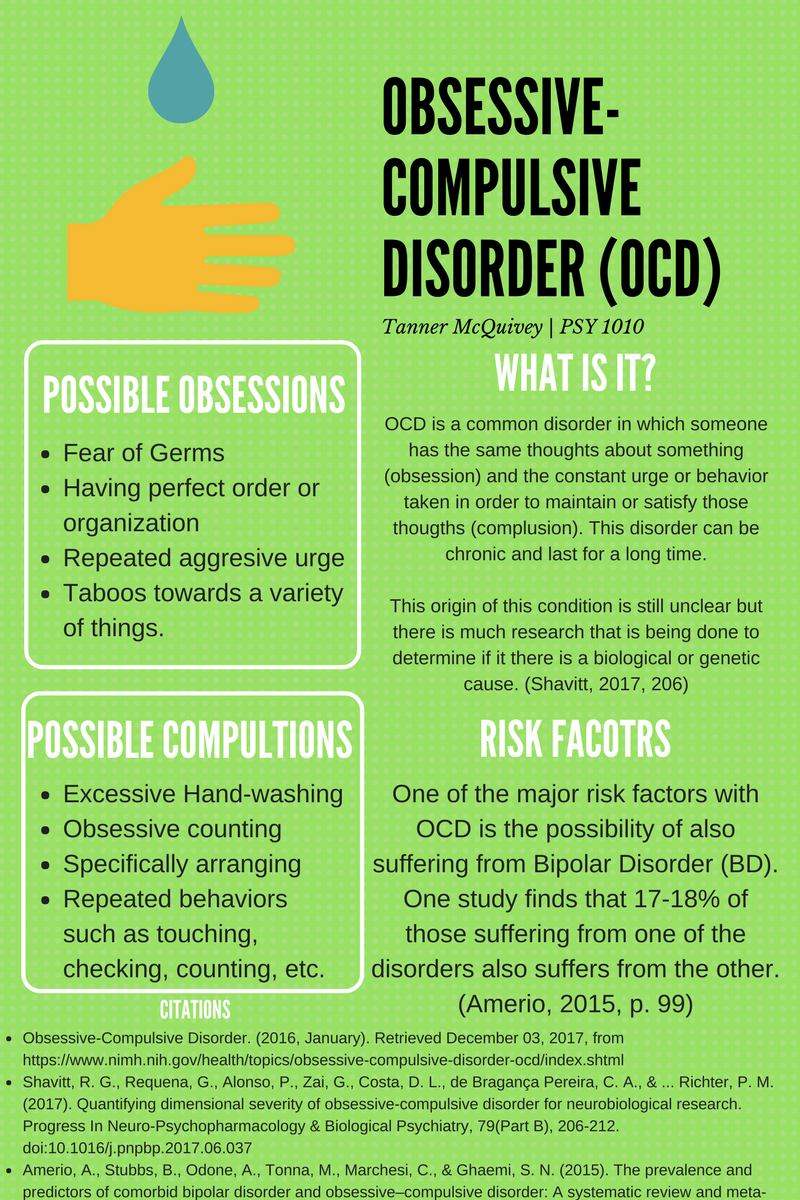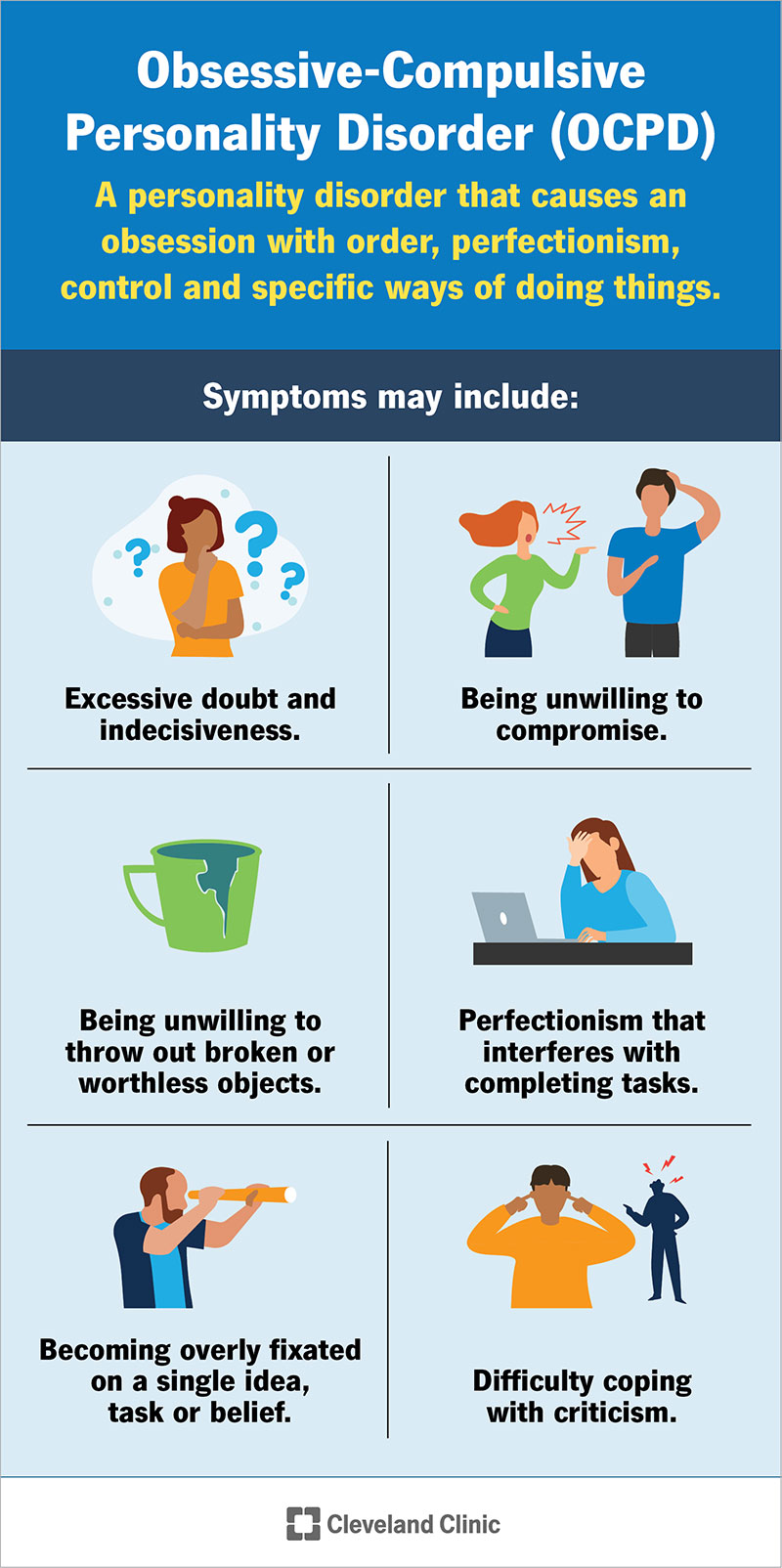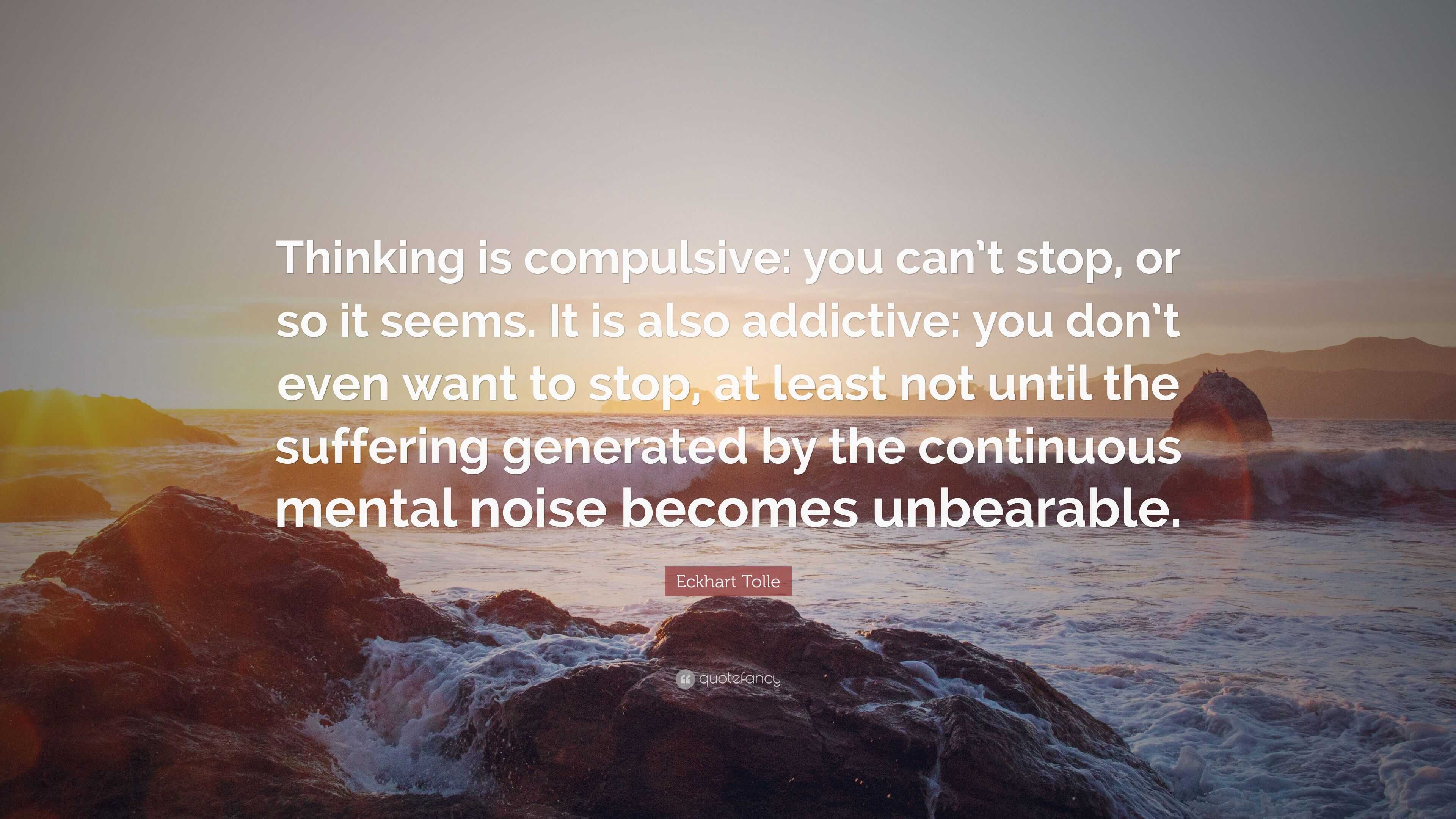Lessons I Learned From Info About How To Stop Compulsive Thinking

Rumination is common to many health conditions and has close links with past negative.
How to stop compulsive thinking. By kelly bilodeau, former executive editor, harvard women's health watch. You can’t stop thinking about whether or not you locked the front door, and you want to turn your car around right now and check — again. How to stop overthinking.
Getting the most out of exposure. Cognitive behavioral therapy (cbt), a type of psychotherapy, is effective for many people with ocd. Obsessions are repeated thoughts, urges, or mental images that.
These obsessions lead you to do. People with ocd may have obsessions, compulsions, or both. Ocd obsessions vary widely from person to person and.
Of course, this is easier said than done. Mind & mood. If you wish to escape the cycle of obsessions and.
Have you ever had an. So even though compulsive actions provide momentary relief, they cause pain and suffering in the long term. Keep these three points in mind to find a path to.
What are the signs and symptoms of ocd? One of the core principles of mindfulness is learning how to calmly observe your thoughts, without judging or becoming emotionally tangled. Here's how to recognize the signs that you're overthinking.
If “what if” thoughts are making it hard for you to focus, here are steps to stop intrusive thoughts that may come along with ocd. The four stages of the ocd cycle include: Clearing your mind can reduce stress and increase your well.
The best way to cope with intrusive thoughts is to accept them. Distraction, meditation, and other tips may help you break the cycle. Unwanted and intrusive thoughts and brain fog can make it hard to sleep, focus, and enjoy life.
How to stop compulsive thinking in 4 simple steps. By using modern psychology & ancient wisdom. How to stop intrusive thoughts when you live with ocd.
Although it is easier to say than to believe, thoughts are just strings of words and are not.
